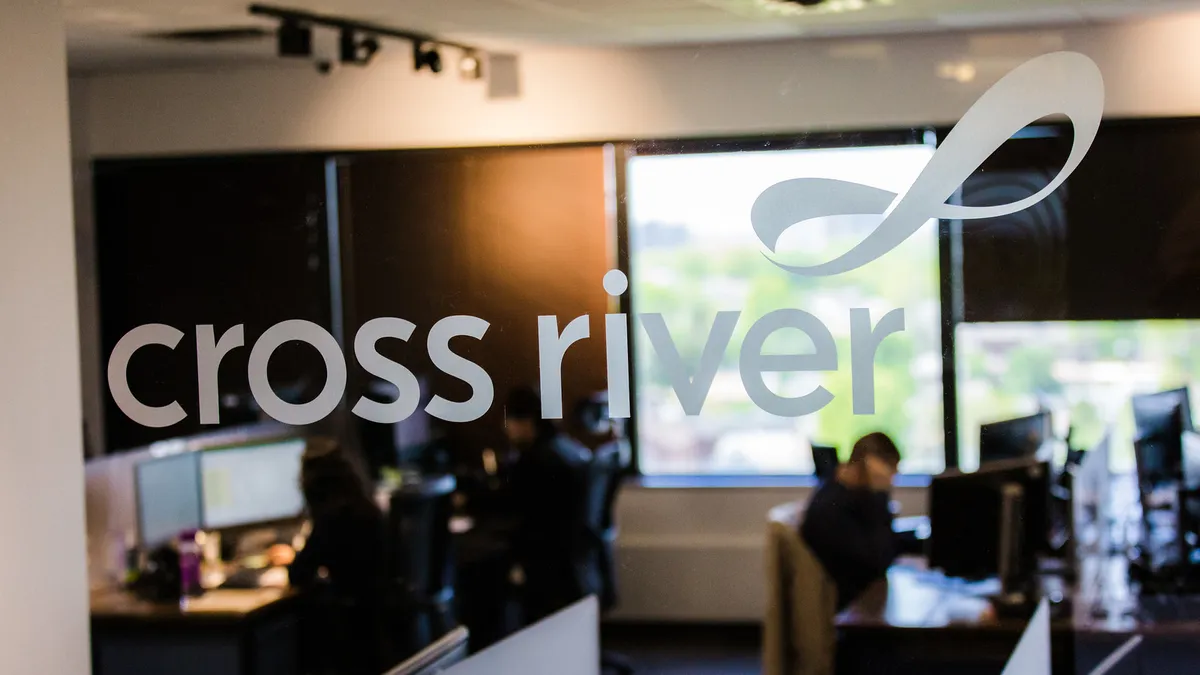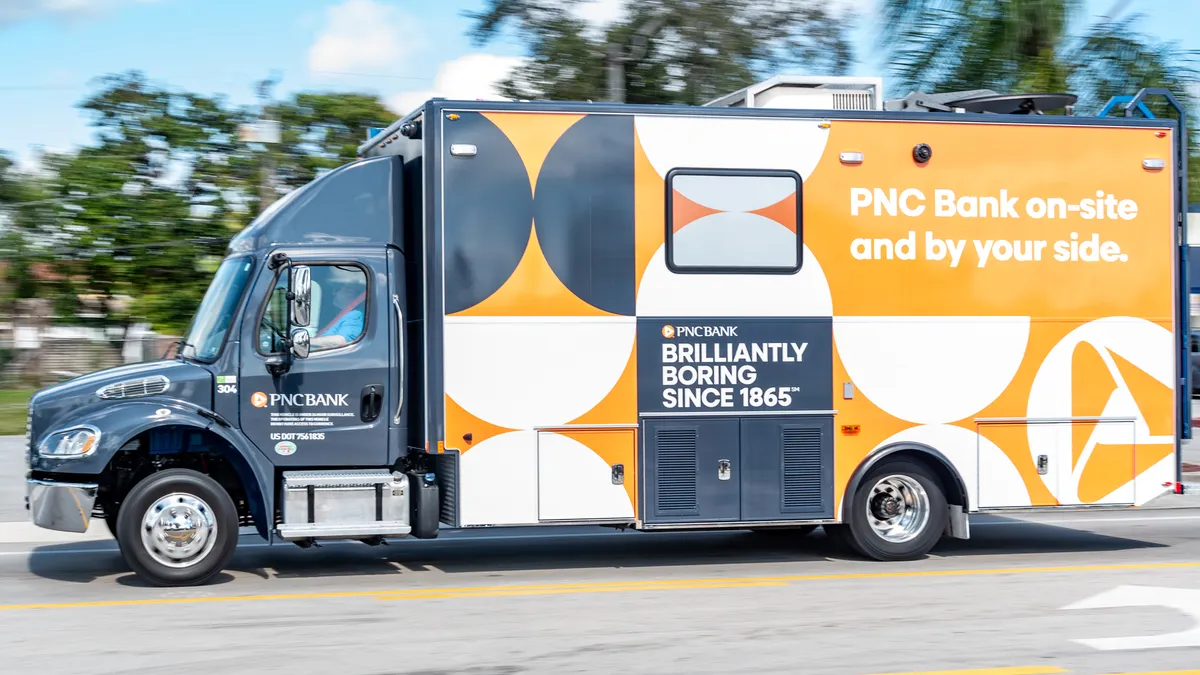LAS VEGAS – Cross River Bank CEO Gilles Gade is bullish on the opportunities that lie ahead for fintechs and the banks who partner closely with them, saying 2024 will be a banner year for firms in the space.
“2024 should be a bonanza for most of these fintech companies,” he said while speaking at the Money20/20 conference in Las Vegas on Monday.
Cross River, one of the largest banking-as-a-service providers, falls in that “fintech company” bucket. The $9 billion-asset bank is a BaaS powerhouse, providing the underlying banking services for a deep portfolio of payments, fintech and crypto firms, including lending platform Upstart and neobank Upgrade.
While elevated interest rates have hurt banks that rely on traditional revenue streams, Gade said BaaS remains a strong business model for tech-savvy firms who have fostered partnerships with fintechs.
“Elevated interest rates, obviously, hurt the banks, their margins are very thin. The assets that the banks have put on their books for the past five years are depressed. They needed to take some reserves … So it's not ideal for the banks for the interest rate to stay elevated. That's clear,” he said. “For the folks that are in the business of banking-as-a-service, where they're a conduit, making software dollars through a SaaS model by selling their software, or the folks in regulatory compliance, these are really bright years to come.”
While the BaaS space has grown in recent years, arrangements between banks and fintechs have attracted increased scrutiny from regulators.
Cross River’s own activity in the space has drawn attention from regulators. The Federal Deposit Insurance Corp. in April ordered the Teaneck, New Jersey-based firm to correct “unsafe and unsound” practices related to fair lending laws, and told the firm it was not allowed to enter into any new partnerships with third parties or offer new credit products without the prior approval.
A spokesperson for the bank told Banking Dive in May that the order places no limitations on Cross River’s existing fintech partnerships or the credit products it currently offers in partnership with them.
“We don’t expect that the order will have any meaningful impact on our growth trajectory,” the spokesperson said.
Meanwhile, Gade appeared to welcome regulators’ increased interest in the space, saying on Monday that Cross River has an interactive relationship with its regulators.
“We're seeing a movement solely of trying to together, get a seat at the table with our regulators, and trying to make them understand that a healthy dialogue is better for protection of the consumers than just having to fight one audit at a time, or one examination,” he said.
As BaaS partnerships come under more scrutiny, Gade said there are opportunities for firms to provide compliance services to banks that work with fintechs.
“The banks need help to regulate the fintechs. That help is not going to come from the regulators. And we know all too well that if we stop in our tracks, innovation will fall behind the rest of the world, we won't be competitive anymore, and those consumers are going to go elsewhere,” he said. “We need to not try to shove down the throat of the regulators a new way of composing with regulatory compliance. But we need to basically enable the banks to accelerate the path towards being in compliance.”
To help meet regulatory compliance demands, banks and fintechs should be leaning on artificial intelligence, Gade said.
“Accelerate the path of complying by creating modules or utilizing AI in order to avoid having to hire 10,000 people, and that technology will do the work of humans,” he said. “That is really the key here, because we're not going to decrease the amount of transactions that we're currently encompassing.”














